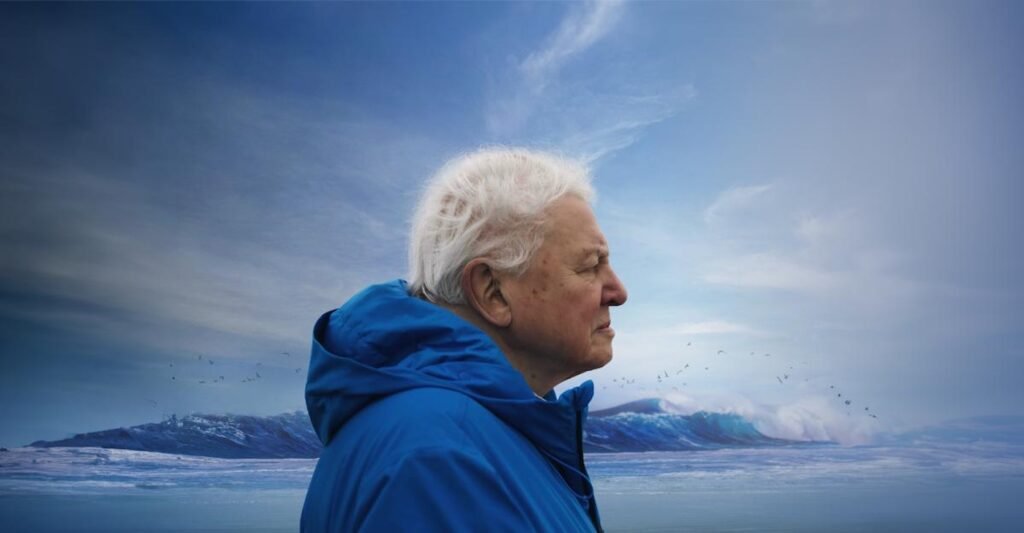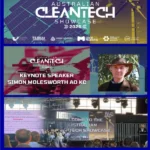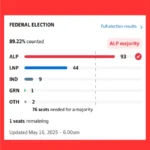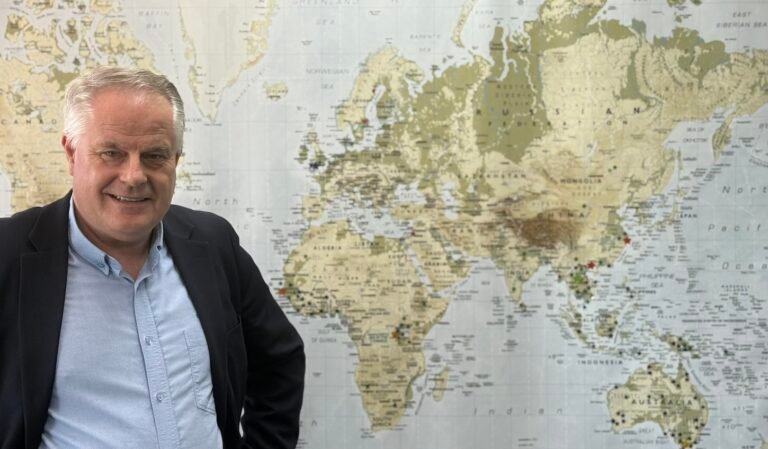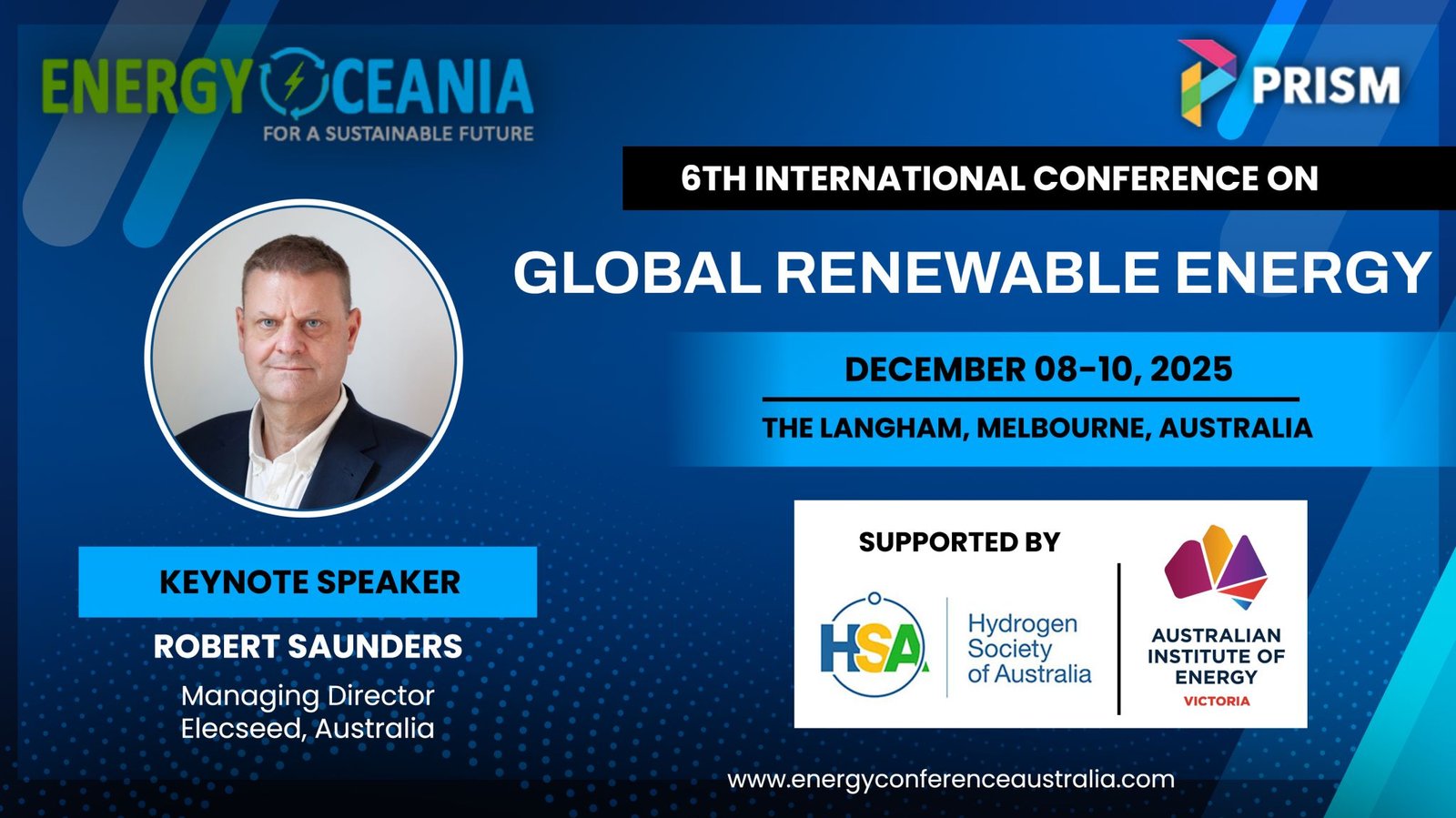THE race to mine the ocean floor is fast emerging as one of the most divisive environmental issues of our time, and it’s set to dominate the agenda at the 2025 United Nations Ocean Conference (UNOC3) in Nice, France. From June 9 to 13, global leaders, scientists, and industry stakeholders will converge to debate how humanity should balance resource extraction with the urgent need to protect the planet’s last untouched frontier.
The conference theme, “Accelerating action and mobilising all actors to conserve and sustainably use the ocean,” underscores the mounting tension between economic ambition and ecological responsibility. For some nations, deep-sea mining offers access to critical minerals essential for renewable technologies. For others, it represents a new form of colonisation — an irreversible disruption of delicate deep-ocean ecosystems we barely understand.
Australia enters this discussion from a position of relative strength. “Australia is recognised as a leader in sustainable marine management,” said Veronica Papacosta, CEO of Seafood Industry Australia. “Thanks to decades of rigorous science, strong regulation, and continual innovation, Australia has some of the healthiest ocean floors in the world.”
Her remarks echo the 2022 UN Ocean Conference declaration: “Our Ocean, Our Future, Our Responsibility.” The statement reminds the global community that oceans are not just vast resources but essential life systems — providing oxygen, regulating climate, supporting biodiversity, and sustaining economies. SIA Full Media Release
The Coming Debate
In the months leading up to UNOC3, the divide over deep-sea mining has intensified. Proponents argue that extracting minerals like cobalt, nickel, and rare earth elements from the seabed is vital to meet the soaring demand for clean-energy technologies. Environmentalists, however, warn that such activity could cause irreversible harm to fragile marine ecosystems, destroying habitats that took millions of years to evolve.
This growing conflict is reflected in the International Seabed Authority’s ongoing struggle to finalise a global mining code — a regulatory framework that could determine how, or if, commercial mining proceeds in international waters.
Key Events and Forums
Two major events will frame the discussion in Nice:
One Ocean Science Congress (June 3–6, 2025): A pre-conference scientific forum addressing deep-sea mining, microplastics, and ocean governance.
Blue Economy and Finance Forum (June 7–8, 2025): A gathering focused on sustainable investment models, likely to debate the financial and ethical dimensions of seabed extraction.
Meanwhile, a growing coalition of nations — including France and Costa Rica — is calling for a moratorium on deep-sea mining until robust scientific evidence can determine its long-term impacts. Environmental organisations are amplifying this call, demanding that precaution take precedence over profit.
Eyes on Nice
As UNOC3 approaches, the global community faces a defining moment. Will deep-sea mining be framed as a necessary innovation for a green economy or as an ecological step too far?
The decisions made in Nice could shape not just the future of ocean governance, but the moral boundaries of humanity’s pursuit of sustainability itself.

